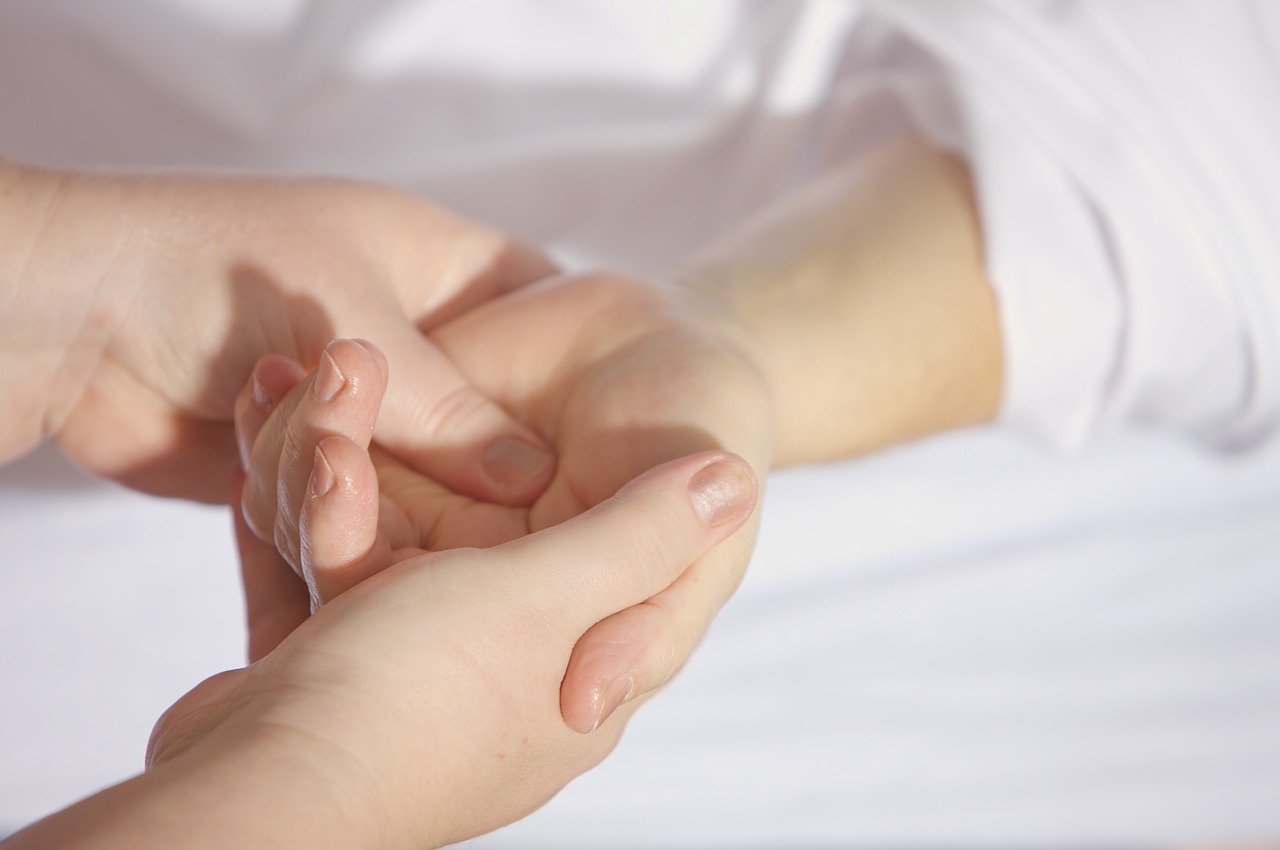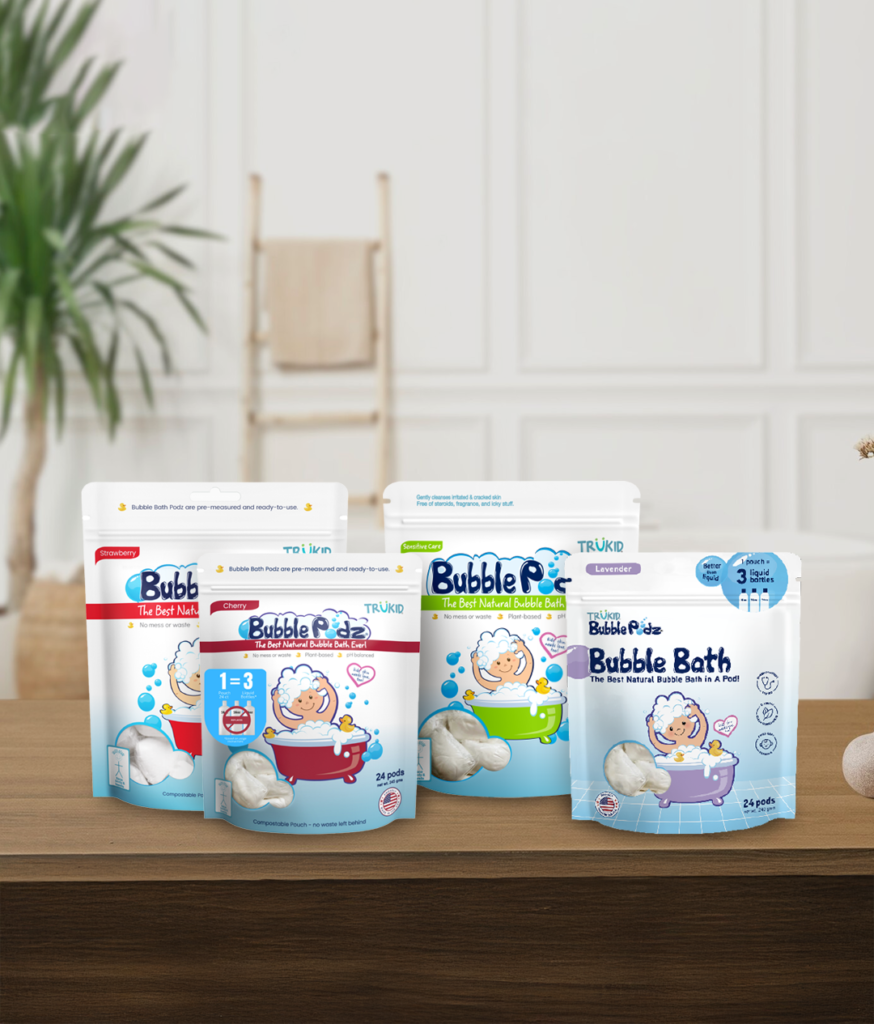Did you know that atopic dermatitis or atopic eczema affects around 20% of children around the globe? If your young ones have the same problem, you should find the best eczema cream for kids that will ease the effects of this condition. Also, go over the basics of the condition – what is it and how is it treated, because when you understand it, it will be easier to explain eczema to kids.
What Is Atopic Dermatitis?
Atopic dermatitis (AD) is the most common type of eczema, and it is a condition that causes your skin to get irritated, bumpy, itchy, dry, and red. It is the most common in youth populations, with 90% of all AD cases being diagnosed in children before the age of five, but that doesn’t mean it can’t occur at any period of life. According to the research published by the National Eczema Association, around 80% of all the kids with the condition will outgrow it by the time they become teens.
How to Recognize the Signs and Symptoms of Eczema?
To avoid going to see a doctor every time your kid has a dry patch of skin, you should learn what the signs and symptoms of eczema are. Signs can vary from dry and itchy skin, redness, bumps, and scales that come and go. Symptoms are noticeable on the cheeks, forehead, or scalp when it comes to infants, while older kids have a rash on their elbows, behind knees, on ankles, and wrists. We recommend, however, working with your pediatrician for a proper diagnosis and medical care.

What Causes It and Who Can Get Eczema?
When you understand what causes eczema, it will be easier to explain it to your kids. Let’s put it in simple words – healthy skin retains moisture and protects you from irritants, allergens, and bacteria. Having eczema is linked to a gene variation that has an effect on the skin’s capability to provide you with needed defense against environmental factors. Also, some food allergies can play a part in triggering this condition. If that’s the case with your children, you should use a diet to control eczema. Risks of having atopic dermatitis are heightened with children that have a family history of allergies, asthma, eczema, and hay fever.

How Is It Diagnosed?
When it comes to diagnosing dermatitis, there is no specific kind of test to do so. You will have to take your child to a doctor so that they can look at the rash. They will then ask you about symptoms, past health conditions, as well as family’s health. When a doctor finishes the check-up, they may send your child to see an allergist or dermatologist.
Specialists might question eating habits, and they might suggest avoiding some foods like milk, nuts, and eggs. Also, they can suggest changing soaps, just so they could see if your child is reacting to something. Does your kid have dermatitis or not will be answered after a process of elimination of other possibilities.
Can Baby Eczema Be Prevented?
Since this is a condition related to gene variation, there is a chance that your baby will have it if you do, so there is no sure way to prevent it. Nevertheless, you should keep the baby’s skin moisturized, even if it’s without a rush. Apply ointments, and creams at least twice a day, or every time you change a diaper. If you can’t prevent dermatitis from showing on your newborn’s skin, use TruBaby Sweet Baby Eczema Cream, a natural, ultra hydration product that can provide comfort for sufferers.

What Is Eczema Treatment for Kids?
There is no universal cure for eczema, but there are treatments that will ease the symptoms. When your child goes to a check-up, the doctor will recommend appropriate treatment, based on the severity of the symptoms:
- Topical moisturizers are used to keep skin hydrated. The best time to apply them is after the shower or bath to lock on moisture.
- Topical corticosteroids or ointments may ease inflammation, and only use if the specialist has prescribed them.
Other new treatments that are being considered, such as phototherapy that uses ultraviolet light, wet wraps that are put on an irritated patch of skin and bleach baths.

What Is the Best Eczema Cream for Kids?
When your kid is diagnosed, it is only logical that you want to give them the best treatment possible, in order to ease the effects of the condition. The best eczema cream for kids should be made out of natural ingredients that can provide comfort to its users all day long. Also, it should have hydrating power that will help to calm rashes and chafing on the skin.
Check out products on the TruKid website, and you may find creams that suit your kids’ needs. The company formulates products using natural ingredients and essential oils to make creams that kids will like. Try TruKid Easy Eczema Therapy Cream made with aloe, cocoa butter, allantoin, and jojoba. Check out other products that are great additions that can also help your children. TruKid Soothing Skin Serum is plant-based and provides comfort for itchy skin and eases the irritated and red patches. Its natural anti-bacterial and anti-fungal ingredients are a perfect remedy not only for eczema but for bug bites and scrapes as well.

What Parents Can Do When Their Kid Has Eczema?
As a parent, it is in your nature to want to ease the pain your kids feel, that’s why there are some things you can do to avoid triggering the condition:
- Make sure your kids take short baths in warm (not hot) water, and that they use mild non-fragragrance, soaps. If they want to play with bubbles use TruKid Bubble Podz, Eczema Care, Bubble Bath. With this gentle formula, your kids will be able to enjoy bubbles without irritating skin.
- Get your kids soft clothes that allow the skin to “breathe.” Avoid wool and polyester.
- Keep their fingernails short, so that they can’t scratch.
- Pay attention to hydration and make sure the children drink plenty of water everyday.
In the end, this is a condition many people live with. Avoid stressing yourself and your children with it. Follow the instructions as best as you can, use the best creams and ointments possible that work for your childs’ skin, and encourage your child to go and play.
Newsletter
Sign Up For Our Newsletter & Get the Latest Information
This article is intended solely for informational purposes and should not be considered a source of medical advice. The information presented in this article is not a replacement for, nor should it be relied upon as, professional medical guidance. Every individual’s health and medical circumstances are unique. What works or is suitable for one person may not be the same for another. Any decisions related to your health should be made with consideration of your specific health condition, medical history, and the guidance of your healthcare professional.
